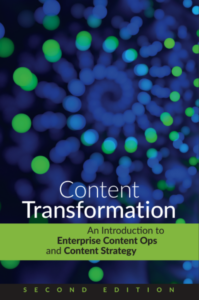TOC: Tim O’Reilly/Publishing 2.0
What do killer Internet applications have in common?
- Information businesses (publishers??)
- Software as a service
- Internet as platform
- Harnessing collective intelligence
Web 2.0: harness network effects to get better the more people use them.
- Google: every time someone makes a web link, they contribute
- eBay: critical mass of buyers and sellers hard for others to enter
- amazon: 10M user reviews
- craigslist: self-service classified ads, users do all the work
- YouTube: viral distribution, user creation, user curation
Each of these companies is building a database whose values grows in proportion to the number of participants — a network-effective-driven data lock-in. (gulp)
Law of conversation of attractive profits
- When attractive profits disappear at one stage the opportunity will usually emerge at an adjacent stage.
- PCs used to be expensive. Software became expensive. Free precursor to rediscovery of value in some other form.
And thus, if digital content is becoming cheap, what’s next? What’s adjacent?
For publishers, the question is: where is value migrating to?
Asymmetric competition
- craigslist has 18 employees, #7 site on the web (2005 numbers)
- All others in top 10 have thousands of employees.
Curating user-generated content
- The skill of writing is to create a context in which other people can think. — Edwin Schlossberg
- The skill of programming is to create a context in which other people can share.
Collaborative authoring
- Collaboration works best for modular structure
- instructables.com
What job does a book do? What is a book’s competition?
- Harry Potter’s competitor is World of Warcraft
- Encyclopedia Britannica — Wikipedia — Google
- Books compete with information available online
- Teaching/reference/edutainment
Search is most important benefit of content being online
“Piracy is progressive taxation”
- Benefits the books at the bottom that would be lost
- How to balance/manage a progressive taxation system
- Gain more sales on the bottom end
DRM: “Like taking cat to a vet” (hold them very carefully and loosely!)
More options = happier users


